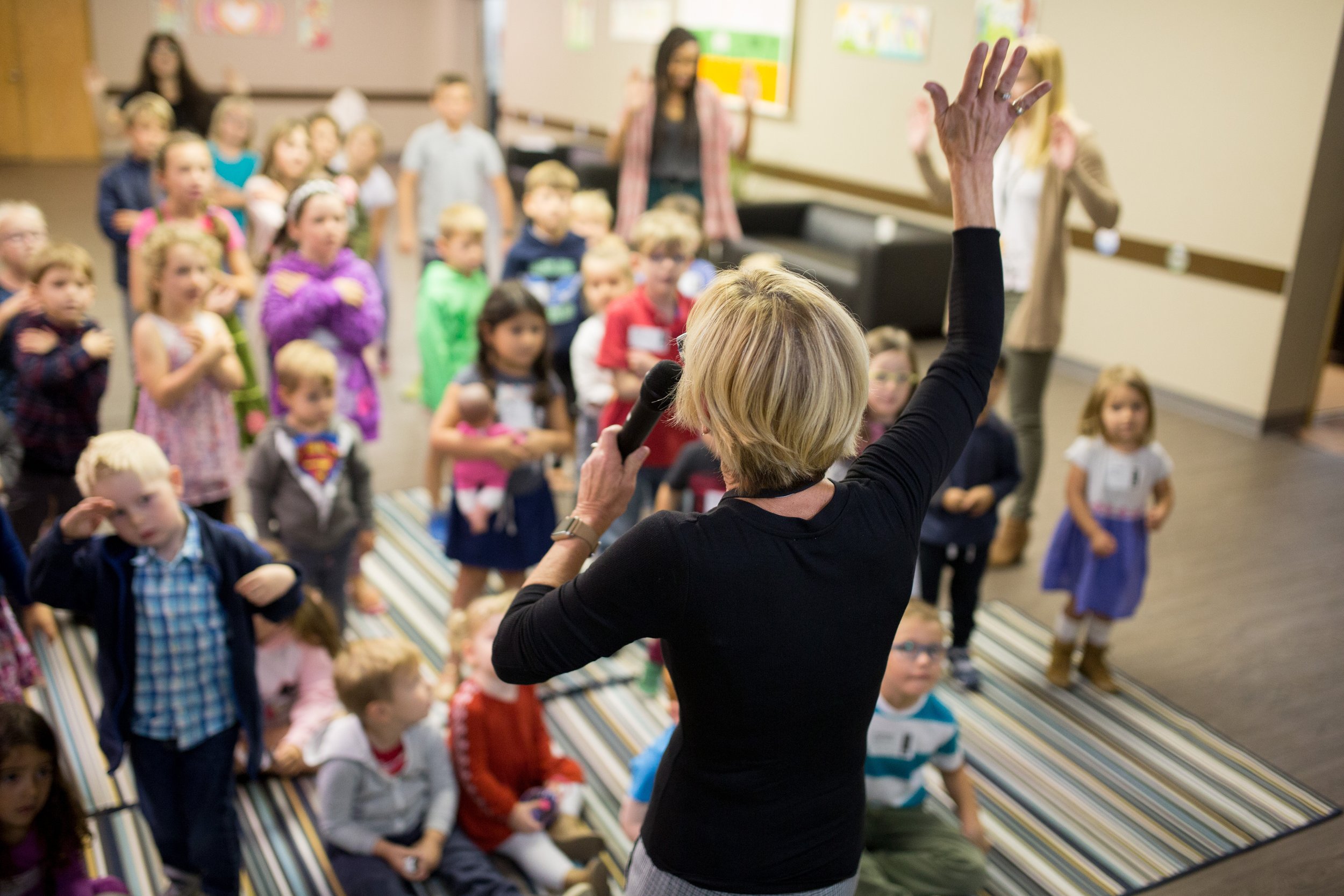
Lesson plans.
Lesson 4: God’s promise to Abraham.
Genesis 15:1-6 - God appeared to Abraham and told him not to be afraid for God was his shield and his great reward. Abraham asked what God could possible give him since he was childless and his inheritance would go to a servant in his household. God responded that this would not happen, but that Abraham would have a son who would become his heir. God told Abraham to look up at the sky and try to count the stars, for his offspring would be as numerous as the stars in the sky. Abraham trusted and believed in God’s promise to him.
Lesson 3: Abraham and Lot.
Genesis 13:1-12 - After Abraham and his family moved to the new land that God had shown them, some quarrelling arose between Abraham’s herders and those of his nephew Lot. The land could not support both of them with all their possessions while they lived together. So Abraham told Lot that he didn’t want there to be quarrelling between them or between their herders. He suggested that in order to live peacefully, they should go separate ways. Lot could choose which part of the land he wanted to live in and Abraham would take the other part. So Lot chose the plain of the Jordan while Abraham lived in Canaan.
Lesson 2: Abraham builds an altar.
Genesis 12:4-9 - Abraham, his wife Sarah, his nephew Lot, and all the people in their household set off together for the land of Canaan where the Lord was bringing them. When they arrived, they traveled throughout the land all the way to the great tree of Moreh at Shechem where God appeared to Abraham to confirm his promise, and Abraham built an altar to the Lord.
Lesson 1: The call of Abraham.
Genesis 11:31-12:1 - Terah took his son Abram (or, Abraham), his grandson Lot, and his daughter-in-law Sarai (or, Sarah), and traveled with them from Ur of the Chaldeans towards Canaan. On their way, they came to a place called Harran and settled there. They lived there until Terah died. God appeared to Abram and told him to take his family and his entire household, leave their country, and travel to a land that God would show him.
Lesson 4: Cain and Abel.
Genesis 4 - After Adam and Eve were sent out of the Garden of Eden, they had two sons named Cain and Abel. When the two boys grew up, they both brought an offering to God. Cain brought some of the produce that he had grown, while Abel gave the best parts of the sheep that he had raised. God favoured Abel’s offering over Cain’s, and this lead Cain to become jealous of his brother. One day, Cain snuck up on Abel and attacked him. When confronted about this by God, Cain asked if he was supposed to be his brother’s keeper. Because of what he had done, Cain was sent away to become a restless wanderer on the earth. Cain said that this punishment was too much for him to bear, and that he was afraid someone would attack and harm him. In response, God placed a mark on Cain, promising that he would be protected from harm wherever he went.
Lesson 3: The crafty serpent.
Genesis 3 - After God instructed the first humans not to eat from one particular tree in the middle of the Garden of Eden, a serpent came to Adam and Eve when they were together in the garden. The serpent addressed Eve, asking her if God really said that they mustn’t eat from any tree in the garden. Eve corrected the serpent, saying that God allowed them to eat fruit from the trees in the garden, but told them not to eat fruit from the tree in the middle. She also elaborated that God told them not to even touch it or they would die. The serpent then contradicts God, saying that they would not certainly die, but that eating from that tree would make them wise like God, knowing good and evil. Eve believed the serpent, ate from the tree, and then turned to Adam to give him some too, and he also ate. The consequence for their disobedience was that they were sent out from the Garden of Eden where everything came easy, and had to endure difficulties of various kinds.
Lesson 2: In the garden.
Genesis 2 - In this account of creation, God forms the first human, Adam (from “Adamah”, meaning Earth), out of the dust of the ground. God breathes life into Adam and places him in a garden paradise called Eden (“garden of delight”) where there are fruit trees and vegetation in abundance, as well as animals and a river running through it. God commands Adam to work and take care of the garden, instructs him that he is allowed to eat from any tree except for one, and then declares that it isn’t good for the human to be alone, and God so creates another human, this time a woman, out of Adam’s side to be a companion and equal partner in the role of caring for the earth.
Lesson 1: In the beginning.
Genesis 1 - In the beginning, God created all that exists, forming it out of empty nothingness, speaking it into being. God created order out of chaos - separating the day from the night, the waters below from the skies above, and the seas from the land. God made the sun, moon, and stars. God filled the earth with vegetation, and with animals to populate the land, the seas, and the skies. Finally, God created human beings in God’s own image and likeness, and gave them the responsibility to be caretakers over all creation.








